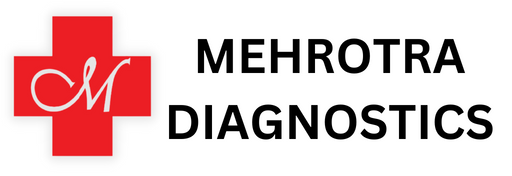
CECT ANGIOGRAPHY ( MESENTRY RENAL )
From: ₹8,500.00
CECT Angiography (Mesenteric Renal) is a diagnostic imaging procedure that combines computed tomography (CT) scanning with the use of a contrast material to visualize and evaluate the blood vessels in the mesenteric arteries and the renal arteries.
During the procedure, a contrast material is injected into a vein in your arm. This contrast material helps highlight the blood vessels, making them more visible on the CT images. The CT scanner takes multiple X-ray images from different angles, and a computer reconstructs these images into detailed cross-sectional views of the blood vessels in the mesentery and kidneys.
CECT Angiography of the Mesentery Renal is used to assess the blood flow and detect any abnormalities, such as blockages, narrowing, or aneurysms in the mesenteric and renal arteries. This procedure can help diagnose conditions such as mesenteric ischemia, renal artery stenosis, or renal artery aneurysms.
Pre-Test Preparation:
- Fasting: You may be instructed to avoid eating or drinking anything for a specific period before the procedure, typically around 4-6 hours. Fasting helps ensure accurate imaging results and reduces the risk of complications during the procedure.
- Medication: Inform your healthcare provider about any medications you are taking, including prescription drugs, over-the-counter medications, and herbal supplements. They may provide specific instructions regarding whether you should continue or temporarily stop taking certain medications before the test, especially if they can interfere with the procedure or the contrast material.
- Allergies: If you have a known allergy to contrast materials or iodine, inform your healthcare provider beforehand. They may take appropriate measures to minimize the risk of an allergic reaction, such as prescribing medications or using alternative contrast agents.
- Medical History: Provide your complete medical history to your healthcare provider, including any previous surgeries, current medical conditions, and allergies. This information will help them assess any potential risks or complications and tailor the procedure accordingly.
